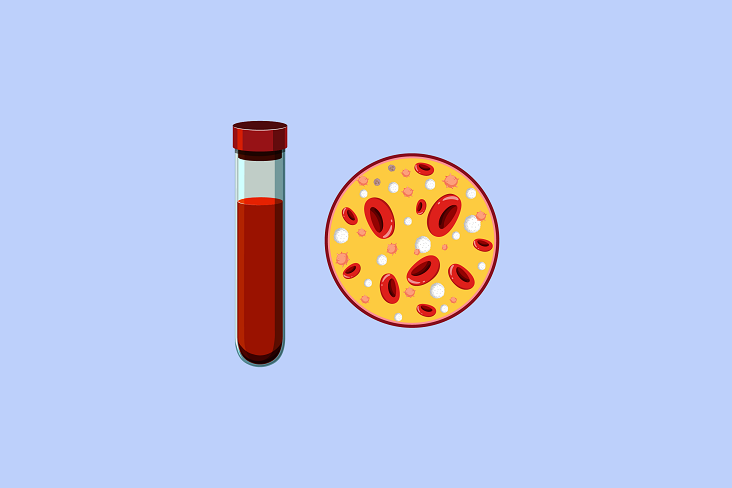
Diploma in Immuno-Haematology and Blood Transfusion
- 1 Colleges
It is a postgraduate diploma course which creates specialist medical professionals for high quality health care .
It is a postgraduate diploma course which creates specialist medical professionals for high quality health care and advanced treatment for people with auto-immune disorders and blood related diseases. It contains studies about antigen and antibody relation and reactions. This course is a relatively new and is based on recent research and training. It aims at enhancing unique speciality that includes concepts of blood banking, immuno-haematology, coagulation, and hematology. It is this field of medicine that deals with organ transplant and organ rejection. The two integral branches of this course are studies about Immuno-Haematology and Transfusion medicine. Immuno-Haematology mainly deals with antigen-antibody reaction, blood disorders and analogous phenomena. A person specialized in this field of work is called immuno-haematologist. Meanwhile transfusion medicine deals with blood transfusion practices and complications, laboratory investigation and component safety. This course further more include study of genetics and bio-safety. Due to increase in need for blood transfusion and analysis, this course is an in-demand and is an inevitable part of modern biological techniques. Being an emerging branch of medical science, this field is always a host to research and development. Due to lots of vacancy in this field is an ideal course for PG diploma.
This is a vast and wide course containing lots of training and research. The syllabus begins with history of transfusion medicine, development of PVC bags, biochemistry and physiology of components of blood, scientific basis of transfusion. This part covers cell cycle and lifespan of blood cells. Physiology of hemostasis, blood clotting, immunology, genetics, antigen systems in formed blood elements, blood collection, processing, component separation, storage, sorting, stem cells collection, plasma fractionation, pre-transfusion testing, adverse effects of blood transfusion, transmitting infections, technology of apheresis and related equipment, autologuos transfusion, immuno-haematology hemotherapy(which contains pathophysiological, diagonosis and treatment of anemia, hemostatic disorder, hemophilia), transplantation, blood substitutes and hemopoietic agents, medicolegal considerations in transfusion medicine, total quality management, organization management of transfusion services, bio-safety(including personnel,for laboratory, for equipment, for serilization and disposal of waste), modern biological techniques (including western blot), transfusion in surgery and automation and computerization are the major part of the curriculum. The course also has lots of training and research included. The course completion requires qualification in four theory examinations, minimum of six lab exercises, thesis presentation, seminars, log book discussion, spots and finally a grand viva voce as per the instruction of Medical Council of India (MCI).
The main eligibility criteria for this course is completion of MBBS with pass certificate under NMC Act, 2019. The candidate must also have attempted and cleared PG NEET exam. The selection process is mostly based on merit in PG NEET exam. There are also some private institutes offering this course. This a full time diploma course spanning 2 year time period. Some institutes also offer part time studies for this course. After completing this course you can become an immune-haematologist or a transfusion medicine specialist. This is a mufti-speciality course, which is an added advantage. So being placed in a mufti-speciality clinic or in a research institute is easy. A PhD or super-speciality course can also be done after this course.
